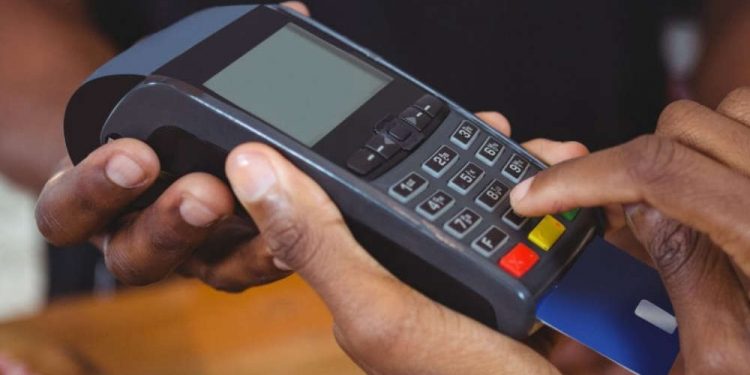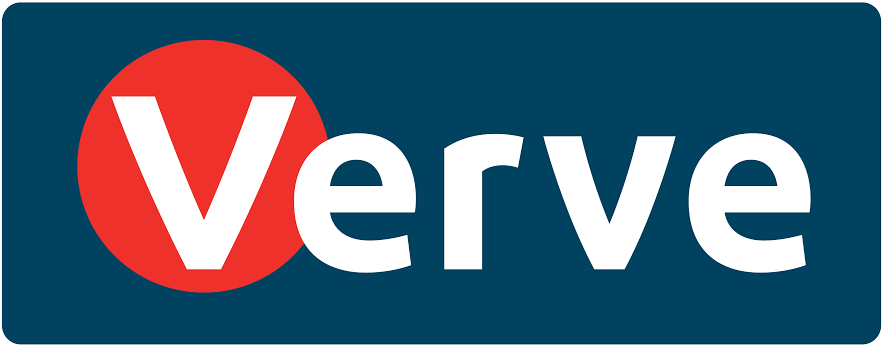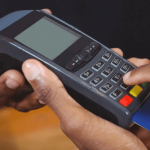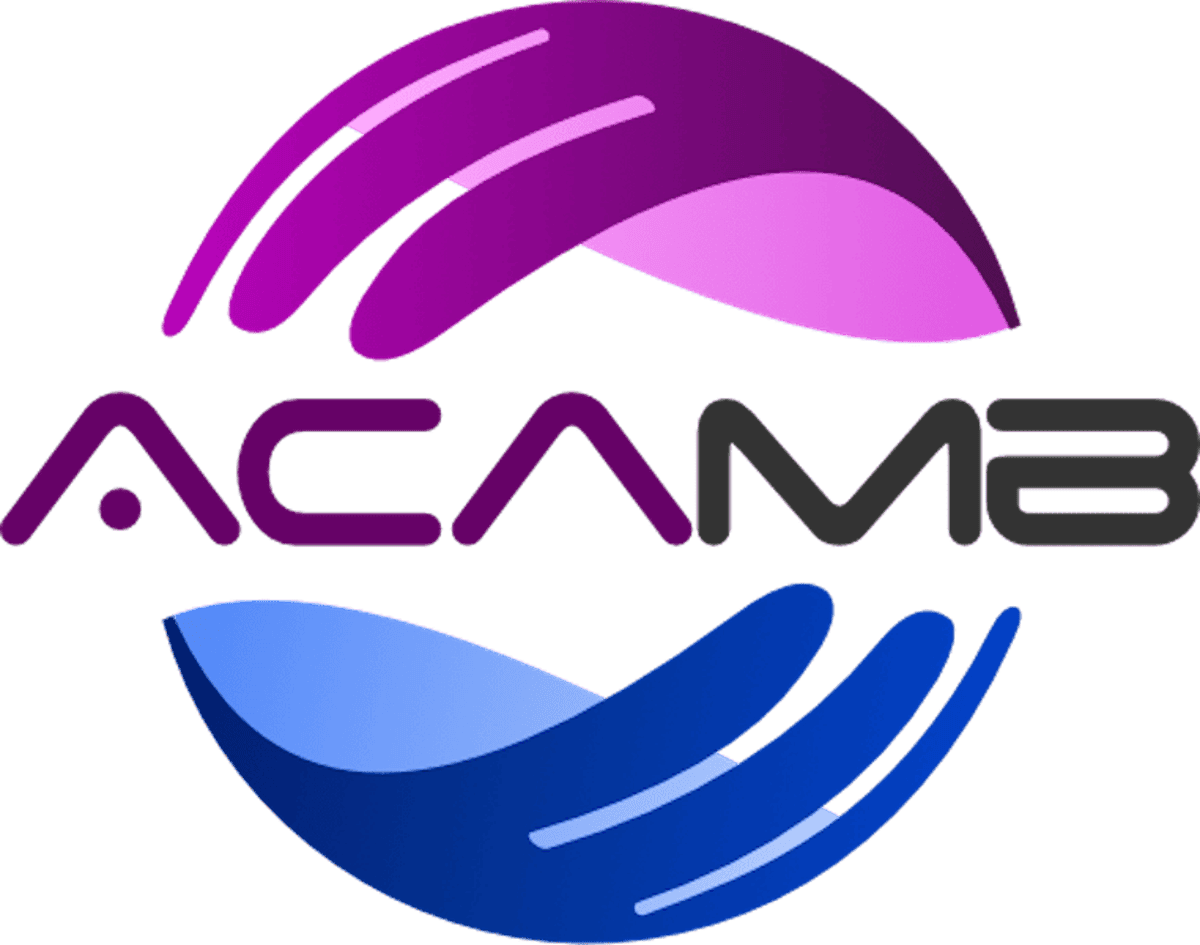Days after the Central Bank of Nigeria (CBN) directed banks to ensure cash availability at ATMs and banking halls, many Nigerians continue to face difficulties accessing cash.
Banks revealed that only a few ATMs were dispensing cash, often with withdrawal limits. Customers using other banks’ debit cards could withdraw up to ₦10,000, while those with the bank’s cards were allowed a maximum of ₦20,000.
CBN Governor Olayemi Cardoso assured Nigerians on November 29, 2024, that the apex bank would resolve the cash shortage and penalize non-compliant banks. He also encouraged the public to report difficulties through designated channels, warning banks against malpractices or sabotage.
“We will not hesitate to impose stringent penalties on banks or financial institutions engaging in malpractices,” Cardoso stated.
Despite these measures, customers remain frustrated. Many ATMs are non-functional or dispense limited cash, forcing people to rely on banking halls with strict withdrawal caps ranging from ₦10,000 to ₦50,000.
A Lagos resident expressed disappointment: “I went to multiple ATMs, but none were dispensing cash. The situation is very frustrating, especially after the CBN claimed cash was available.”
The persistent scarcity has shifted the burden to Point of Sale (PoS) operators, who now seek cash from unconventional sources like markets, fuel stations, and abattoirs.
PoS operators explained that they rely on market women, traders, and fuel stations to source cash. These vendors prefer cash transactions to avoid issues like fake alerts or failed transfers.
“We book ahead, transfer money to them, and collect the cash when available. It’s stressful but necessary to keep our business running,” a PoS operator revealed.
Another operator highlighted the challenges of sourcing cash and the high costs involved, which keep their service charges elevated.
“The banks are no longer reliable. I rely on deposits from customers and traders for cash. That’s the only way to operate now,” she explained.
The cash scarcity, which began in February 2023, continues to frustrate Nigerians, despite CBN assurances. As PoS operators and bank customers adapt to these challenges, the high cost of accessing cash underscores the need for immediate and effective intervention.










